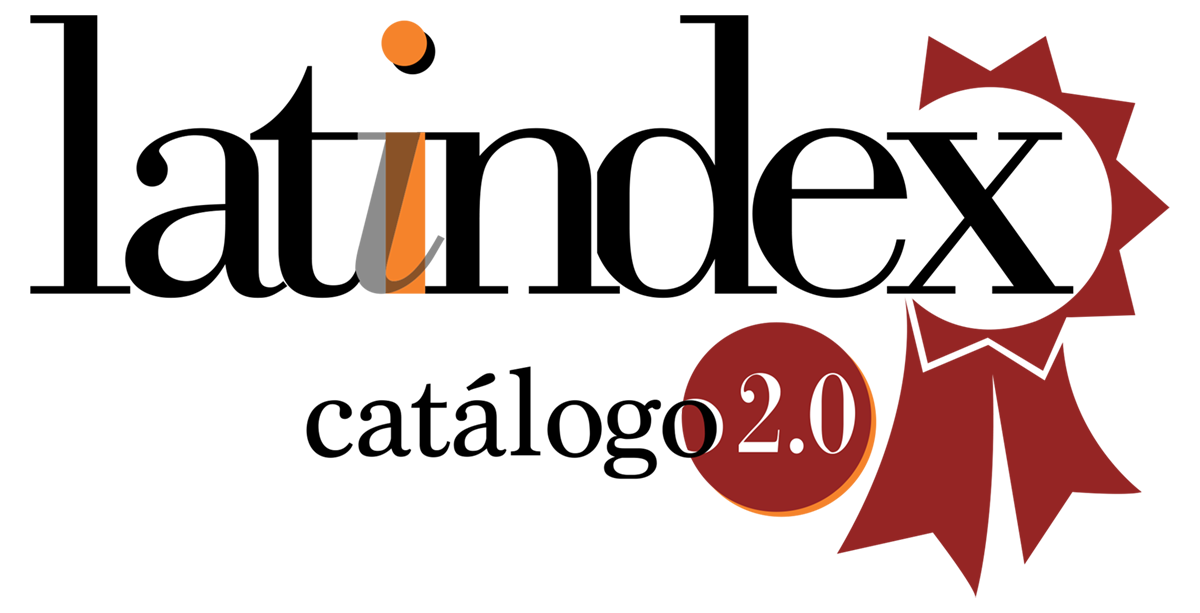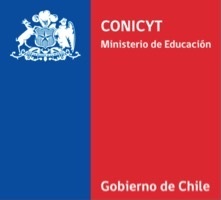La naturaleza cognitiva del proyecto y la crisis en la concepción heredada en la enseñanza de la arquitectura
Palabras clave:
diseño arquitectónico, educación, proyecto, métodos, teoríaResumen
Considerando la arquitectura como una actividad susceptible de ser enseñada, se propone analizar al proyecto arquitectónico como una entidad esencialmente cognitiva. Esta propuesta suscita un replanteo en las concepciones heredadas de la enseñanza de la arquitectura, al formular una interpretación del proceso como una praxis generadora de conocimiento. El estudio, en concreto, se centra en los diferentes tipos de conocimiento implicados en el proyecto arquitectónico, tanto los explícito-conceptuales como los implícito-procedimentales. Las estrategias utilizadas permitieron triangular entre un análisis teórico y un diseño descriptivo-observacional para estudiar los protocolos (componentes) del proyecto y sus abordajes curriculares. Los datos han puesto en evidencia operaciones cognitivas y representacionales complejas que operan en el proceso proyectual, aunque no son habitualmente consideradas como objetos de estudio en los modelos de gestión pedagógica clásicos. Se ofrece un modelo praxeológico de variables para comprender el funcionamiento del proyecto y algunos lineamientos para producir cambios en las actividades educativas.
Descargas
Citas
BURGOS, Carlos. Más allá del modelo del problem-solving: el proyecto arquitectónico como investigación proyectual. ARQUISUR Revista. 2015, no. 07, pp. 20-32.
COYNE, Richard. Wicked Problems Revisited. Design Studies. 2005, vol. 26, no. 1, pp. 5-17.
DORST, Kees. Design Research: Revolution-Waiting-to-Happen. Design Studies. 2008, vol. 29, no. 1, pp. 4-11.
GOEL, Vinod. Dissociation of Design Knowledge. En C. Eastman, M. McCracken & W. Newsletter (eds.), Design Knowing and Learning: Cognition in Design Education. Oxford: Elsevier Science, 2001, pp. 221-269.
MORIN, Edgar, CIURANA, Emilio, MOTTA, Raúl. Educar en la era planetaria: el pensamiento complejo como método de aprendizaje en el error y la incertidumbre humana. Barcelona: Gedisa, 2003.
OXMAN, Rivka. The Mind in Design: A Conceptual Framework for Cognition in Design Education. En C. Eastman, M. McCracken & W. Newsletter (eds.), Design Knowing and Learning: Cognition in Design Education, Oxford: Elsevier Science, 2001, pp. 269-295.
SCHON, Donald. The Reflective Practitioner: How Professionals Think in Action, New York: Basic Books, 1983.
SILVA, Elvan. El Aparato cognitivo esencial en la formación del arquitecto. Documento de integración curricular – CODFAUN. Inédito, 2002.
RITTEL, Horst, WEBBER, Melvin. Planning Problems are Wicked Problems. En N. Cross, (ed.), Development in Design Methodology. Chichester: Wiley. 1984, pp. 135-144.
Descargas
Publicado
Cómo citar
Número
Sección
Licencia
El contenido de los artículos que se publican en cada número de Arquitecturas del Sur, es responsabilidad exclusiva de los autores y no representan necesariamente el pensamiento, ni comprometen la opinión de la Universidad del Bío-Bío.
Las/os autoras/es conservarán sus derechos de autoría, sin embargo, garantizarán a la revista el derecho de primera publicación y difusión de su obra. La publicación del artículo en Arquitecturas del Sur está sujeta a la Licencia de Reconocimiento de Creative Commons CC BY-SA que permite a otros Adaptar: remezclar, transformar y construir sobre el material para cualquier propósito, incluso comercialmente, Compartir: copie y redistribuya el material en cualquier medio o formato, siempre y cuando se reconozcan la autoría y la primera publicación en esta revista citando correctamente, así como también sus nuevas creaciones estén bajo una licencia con los mismos términos.













 Programa de Información Científica/Concurso Fondos de Publicación de Revistas Científicas 2018/ Proyecto Mejoramiento de Visibilidad de Revistas UBB (Código:FP180007)
Programa de Información Científica/Concurso Fondos de Publicación de Revistas Científicas 2018/ Proyecto Mejoramiento de Visibilidad de Revistas UBB (Código:FP180007) 
